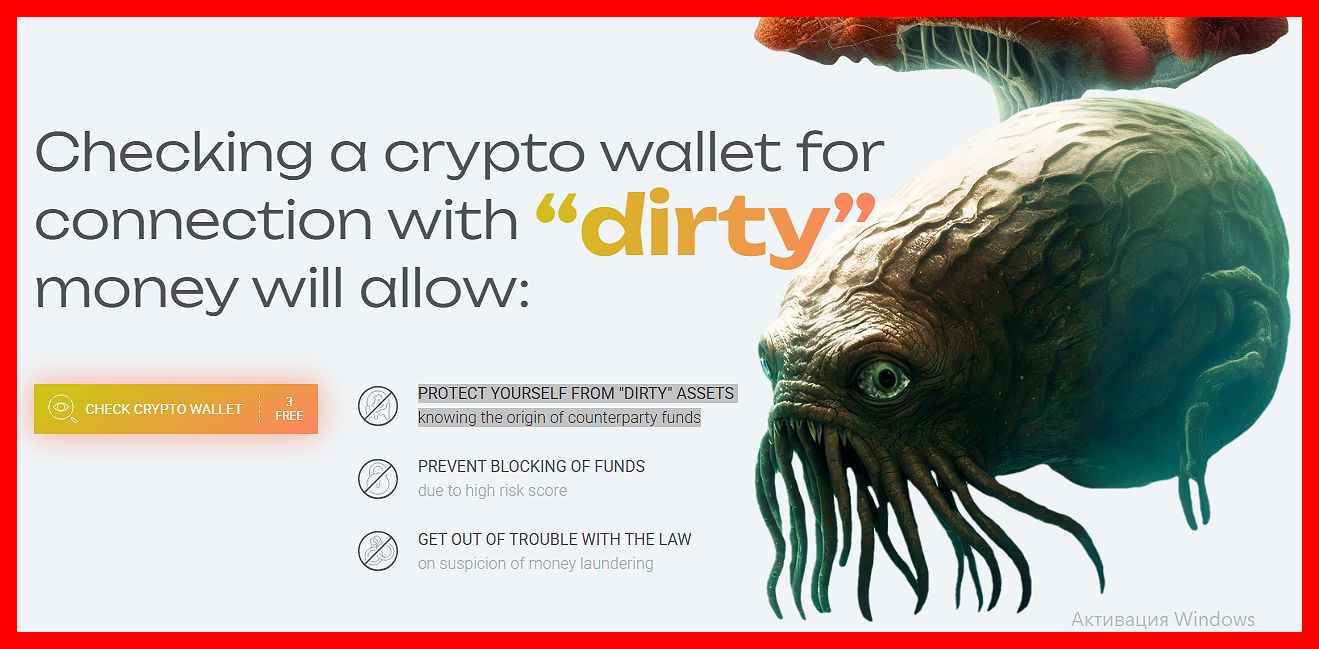The three attacks on the cash
 Euro 2 from Wfabry via Flickr.com. License: Creative Commons
Euro 2 from Wfabry via Flickr.com. License: Creative Commons
News from the abolition of cash: yesterday the restriction of cash payments came into force in France. In the meantime, the Financial Times from London advertises in an editorial to take cash on the garbage dump in history. The reasons are always the same, but it doesn’t get better.
Cash is something terrible. On the not so smooth surface of banknotes grow and thrive more than 3.000 types of bacteria, as the “Dirty Money Project” found out. Bill notes are expensive in the production, cumbersome in transport, they can be destroyed by fire, water and dogs, and they are the oil in the global black markets on which everything is traded from drugs to human organs.
For many, cash is still something wonderful: the citizen gives back its independence. If you have cash, you don’t need a middleman: no bank to keep money, no credit card service provider to pay. Only you, your cash, and the recipient. What you do with it is your thing; Nobody can block or document your payment. To quote Dostojevski in the modification of Bundesbank boss Carl Ludwig Thiele, “Mind Freedom.”
However, the attacks on the cash.
The market decides against cash
On the one hand, electronic means of payment such as credit cards, PayPal, smartphones etc. Cash from the market. The dealers and consumers choose freely, money no longer by coins or seem to be exchanged with plastic. While Germany is still skeptical to the new means of payment and, according to a study by the Bundesbank, amounts of up to 50 euros to more than two thirds of cash continue to be paid for, in Great Britain in 2014 the proportion of non-level payment method. Public transport in London even stopped accepting cash some time ago, which according to their own information saves £ 24 in the year. In the pioneering country of cashless numbers, in Sweden, the use of cash has shrunk by more than a quarter since 2007; In Denmark, the central bank stopped printing new cash some time ago, since there is no demand for it.
The state limits the use of cash
The attacks by the state come to these attacks by the market. The latest step towards cash ban comes from France. Yesterday a law came into force that is sensitive to the use of cash. Only transactions up to 1.000 euros may be paid in cash, bar withdrawals of machines are monitored more strictly, and money changers must be summed up of 1.Keep 000 euros in strict AML regulations. The French government had flashed through the law at the end of March to dry out the financing of terrorism after radical Islamists had caused a bloodbath in the editorial team of satiri magazine Charli Hebdo. As so often, disasters become an excuse to further restrict freedom, and the restriction of freedom becomes the calming substitute of real solutions with which politics demonstrates the will at least.
Technocrats publish against cash
The third attack on the cash is published or. Technocratic side. After the US economist Kenneth Rogoff broke a lance for cash abolition in a controversial lecture in Munich and the economy, Peter Bofinger, followed him in the idea, the Citi-Bank released a short study in April 2015, in which it realizes that the existence of cash is preventing the central banks from imposing negative interest rates, as it might be possible. As a solution, the study proposed to abolish cash, impose cash on cash or to loosen the exchange rates between the circulation money and central bank reserves. The Financial Times has added again last week. Under the title “The Case for Retiring Another Barbarcous Relic” (such as: plea for the abolition of another barbaric relic), the business newspaper from London writes that the existence of cash as an undisclosed financial instrument limits the ability of the central banks to wake up the depressive economy. As soon as the central banks push the interest into a negative area, people will go on to hoard cash to prevent automatic reduction in their assets in the bank account.
In addition, according to the FT, the hoarding of cash by people who feared a renewed economic crisis leads to further faults in the economy. And since cash could not be tracked, according to the newspaper, his abolition would make it easier for governments to get the informal economy – i.e. the black market – out of the world. If people no longer use cash, governments would also have completely different opportunities to collect taxes directly, for example in real time from the bank account. If you still want to use cash for reasons of privacy, you have the right to pay a surcharge.
A nightmare for democracy
So the FT presents everything that gives the lovers of the cash of cash, and calls it an advantage. You don’t have to be a libertarian, conservative or anarchist to see how dangerous these arguments are. Cash limits the possibilities of the central banks to manipulate money; Cash makes it more difficult for states to collect taxes; Cash is limited to ban goods and market participants to ban goods and market participants. Limited cash to get to the point, to rule and regulate the possibilities of the state. It protects the citizen from the fact that “his state” loses the measure. Not everyone who wants to abolish cash must be a dictator. But every dictator must love the abolition of cash.
The states have had since the middle of the 19. Century increasingly expanded their potential to control and control the companies. If cash is forbidden, all transactions are documented and all taxes are debited automatically, the state gets a volume of power that has never existed in humanity. Such a distortion of the balance of the balance of power can not be justified by any economic argument.
In Germany, cash is still by far the most popular means of payment. A spontaneous abolition, the authors of the booklet “The upcoming ban on cash” would not be enforced. Instead, they assume that the cash is gradually restricted while the media drive anti-bar money campaigns until the final abolition of cash is no longer interested. Similar to how you know a frog. Sometimes the reality is right for the two authors.








